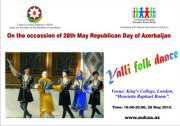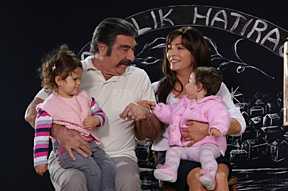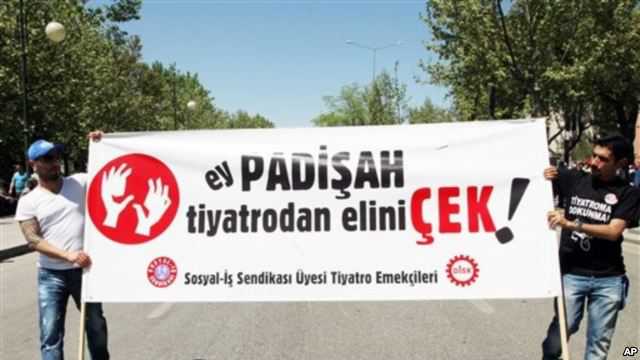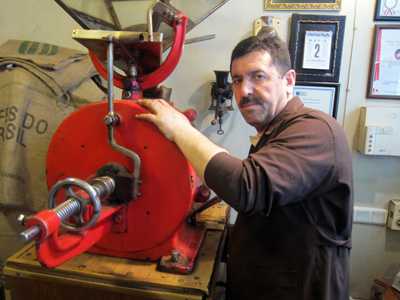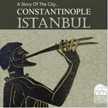The big war is over, and the Cold War has just begun. Leon Bauer, an American tobacco man, wonders how to fit into this new world.
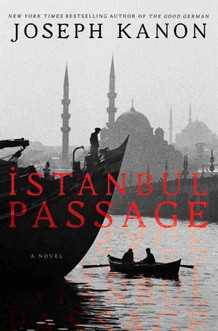 Bauer and his wife, Anna, a German Jew, made it to Istanbul just before World War II began. With his U.S. passport and fluency in German and Turkish, the tobacco man became useful to allied intelligence.
Bauer and his wife, Anna, a German Jew, made it to Istanbul just before World War II began. With his U.S. passport and fluency in German and Turkish, the tobacco man became useful to allied intelligence.
But before he picks up a more peaceful life, Bauer is given a last big job. He’s supposed to slip Alexi, a Romanian defector with important Soviet secrets, out of Istanbul. Alexi’s secrets might help old allies — but the defector once helped massacre Jews in Romania.
Bauer is being asked to help a man in this new war who represents what he fought in the last one.
The storied, intricate, contradictory city of Istanbul is a fitting backdrop for Joseph Kanon’s new book, Istanbul Passage. Kanon tells NPR’s Scott Simon that he set the novel in Istanbul after visiting as a tourist. “I fell in love with it and thought this would be a great excuse for coming back again and again to do research,” he says.
Interview Highlights
On the city of Istanbul as a protagonist in the novel
“Istanbul was, in a sense, how the book started. But the larger answer, of course, is that the period that particularly interests me, which is the war and the immediate aftermath — it had long been known for derring-do and intrigue — but during our time it had become a neutral city, right on the fringe of the war, and as a result, it was a magnet for spies. It was one of those places where Germans and Russians and British could actually meet in somebody’s drawing room — all during the war. It was, in essence, all a kind of Casablanca. But now that time is coming to an end.”
On how Kanon’s novels are inspired by places
“It’s really the place. It began with Los Alamos, and I went there as a tourist and became so intrigued and fascinated, and I wanted to know what it was like to have been one of the scientists — what was it like to be part of the Manhattan Project. And one thing leads to another; Berlin fascinated me because of the American occupation about which I knew relatively little, and I wanted to know more. So you follow your interests. Once you saturate yourself in the place and its layering of history, the characters suggest themselves; and once you have the characters, then you’re there.”
On Leon Bauer’s transition to a tobacco man
“To have been an expatriate businessman at that period had a fair amount of money and glamour attached to it. It was interesting to have lived in Istanbul for Leon. The job wasn’t drudgery. He wasn’t dragging himself to the office every day. It was fairly easy. There was almost that neo-colonial life that the European community was leading in Istanbul. And it had its pleasures; he enjoyed it. What he didn’t want, particularly, was to be transferred back to Raleigh into a cubicle or what would then have been a small office.”
On loyalties and compromise
Joseph Kanon is also the author of Los Alamos, The Prodigal Spy and The Good German.
Atria Books
Joseph Kanon is also the author of Los Alamos, The Prodigal Spy and The Good German.
“I mean, I find that ultimately what you want to talk about is: How do we live? How do we make these moral choices, and where do we draw the personal line of your own moral limits? In this particular instance, I wanted to set up a situation for him early on where he has a choice, but both choices seem to him wrong — whatever you do isn’t right. What do you do in that kind of situation? And I find that it’s more and more this sense of moral compromise, [and it’s] very much part of the world that we’ve inherited.
“You know, people often say, ‘Why write about this period?’ And I think the immediate postwar period is the beginning of our time. If we want to use a movie metaphor for it: The world begins with the black and white clarity of Casablanca. You know where you’re at. It’s romantic. Ingrid Bergman walks in and looks wonderful, and things are very clear. But the war ends with The Third Man and the kind of muddied, gray moral compromise that I think really was the world that it ushered in, and the world that we’ve inherited.”
On being called the next Graham Greene
“I think it’s a flattering comparison, and you know you could be compared to other thriller writers, but I think it’s being said — when people pigeonhole you this way — is that there’s a certain level of seriousness, of purpose, I hope of fine writing.”
On moral reasoning and making bargains
“We all tell each other stories so we can understand more of the variety of experience that’s around us, because we’re going to have to make these decisions. I think day by day — often we’re taking them in very small steps; they’re not certainly as dramatic or highlighted as they would be in this sort of novel, which is one of the reasons we have these novels. But we’re nevertheless making them all of the time ourselves. We’re always making personal, moral decisions.”
via ‘Istanbul’: A Twisted Tale Of Foreign Espionage : NPR.

